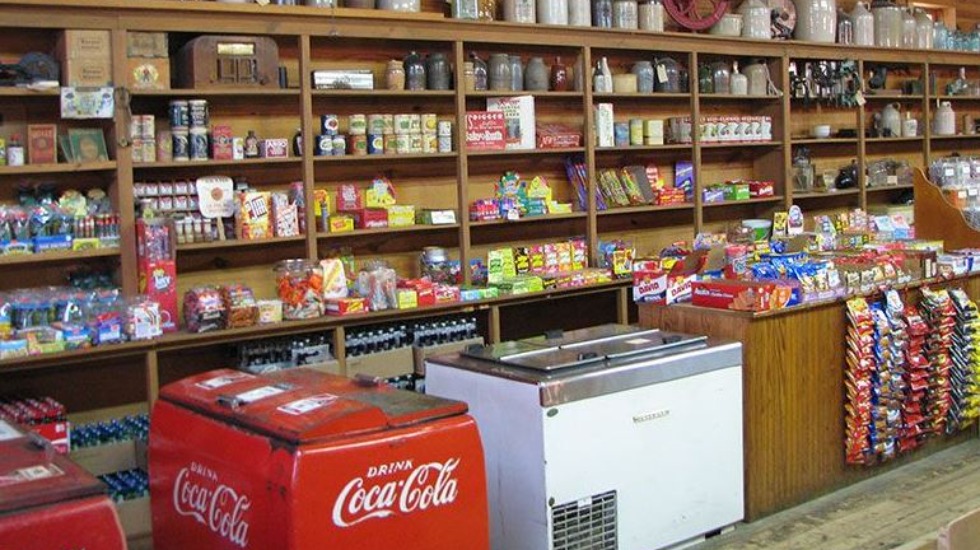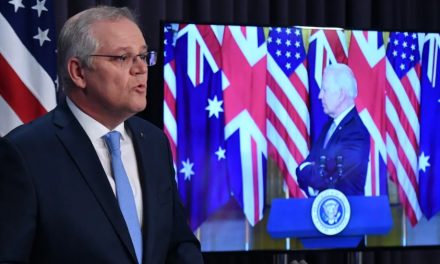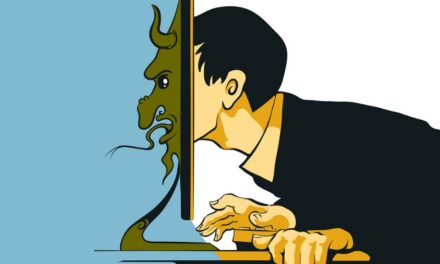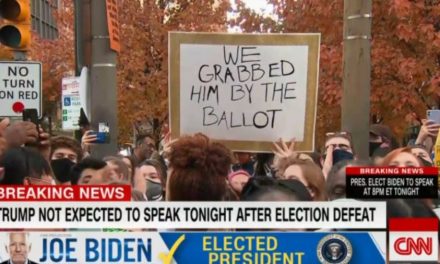Platitudes only serve to insult those who have already given their all. Sometimes there isn’t anything to say.
“What can I get for you?” the old man asked when I walked in. The expression on his face was hopeful, almost uncomfortably so.
I was on my bike, two mountains into West Virginia on a long ride. “Just a couple bottles of water,” I said. His shoulders sagged, the disappointment obvious.
I noticed the chalkboard behind him. “And one of your sandwiches,” I quickly added.
He asked me what kind. I told him to make me his favourite. I pulled an old metal chair up to a scarred wooden table to wait.
The next mountain I would climb dominated the view out the window. I’ll see all I want of that soon enough, I thought, so I turned to look around his store.
You know the type: small, owner-operated country store, once a hub of the community, long pushed aside by chain convenience stores. The shelves were mostly filled with items – fishing lures, diapers, auto parts, books, movies, homemade goods – once essential, now gathering dust as relics of a world much less flat.
My head was turned towards the back of the store and I didn’t notice he had shuffled over. “I’m sorry,” I said, half standing. “You didn’t have to bring my food to me.”
“That’s all right,” he said. “Sit down and relax.” Then he paused and tilted his head towards the plastic tray in his hands. “I made one for myself too. If you don’t mind, I’ll sit and eat with you.”
“Absolutely,” I said. He pulled over a chair and the legs creaked as he eased down on it. I took a bite of the sandwich. “This is really good,” I said. He smiled and nodded.
Then he asked questions. Where was I from? Where I was going? Did it take long to get used to people seeing me in that skin-tight getup?
As we talked he took small bites of his sandwich. I could tell he wanted our conversation to last. So I asked about his store.
He said he had opened it almost 40 years ago, back when folks only made the trip to “town” (Franklin, population 700) every month or so. He had tried to stock a little of everything. In time he learned which items different families needed. He tried to stock those too.
“Now I don’t know what to do,” he said. “Most of my old customers moved on or passed on. I try to keep up, but nothing much seems to work. I don’t know. Maybe this is a young man’s game.”
He sighed and leaned back in his chair. “I just don’t know,” he said, almost to himself.
I tried to think of something to say. I could talk about meeting an unfilled need, or finding a niche and differentiation through service, but whatever I said would be a platitude … and platitudes only serve to insult those who have already given their all. Sometimes there isn’t anything to say.
So we sat in silence as he looked out the window, eyes fixed on something only he could see. Eventually he shook his head. Then we talked some more. A little while later I left.
As I rode away, I thought about how business can be a metaphor for life. At a surface level, business is cut and dried: You make money or lose money, build a customer base or lose a customer base, watch a new product lift off or fall flat.
You care about the surface level because it’s important, but under the surface is where the true importance lies. Under the surface are the connections, the relationships, the friendships, and the times you don’t just serve a market, but get to make a real difference in another person’s life.
For him, that was the mother who had counted on him to stock her baby’s favourite formula. That was the father who had occasionally found time to take his boys fishing and counted on him having bait. That was the carload of boys who stopped in for sodas and snacks and a movie to take home on a Friday night because that was how they spent their small-town Friday nights.
He and his store had meant something, however small, to people.
Now it didn’t. Now he didn’t.
I’d like to say I found a way to help turn his store around, but life doesn’t work that way. I did ask a friend who holds an annual charity cross-country motorcycle ride to route through that part of West Virginia and stop for lunch. He did.
Later, he said the old man was overwhelmed by the crowd, but also seemed happy, especially when asked to stand with them for a group photo.
I rode by a year later and the store was closed, the building empty. I unclipped and stood in the dusty parking lot for a minute. Nothing moved but a few loose shingles flapping in the wind. No ads in the windows. No sign above the door. Nothing to mark a lifetime of work.
Nothing, that is, but the memories. He has thousands, and in that is truly rich.
Sometimes a business, and even a life, is like that. And maybe that’s OK.












Powerful work, and especially so at this time when people — both seasoned and new to their work — are re-evaluating whether they can stay with it, invest themselves additionally so that we can get to the other side of this crisis. Do I stay in it for the memories that might be? When is enough, enough? Thanks for writing, thanks for posting.